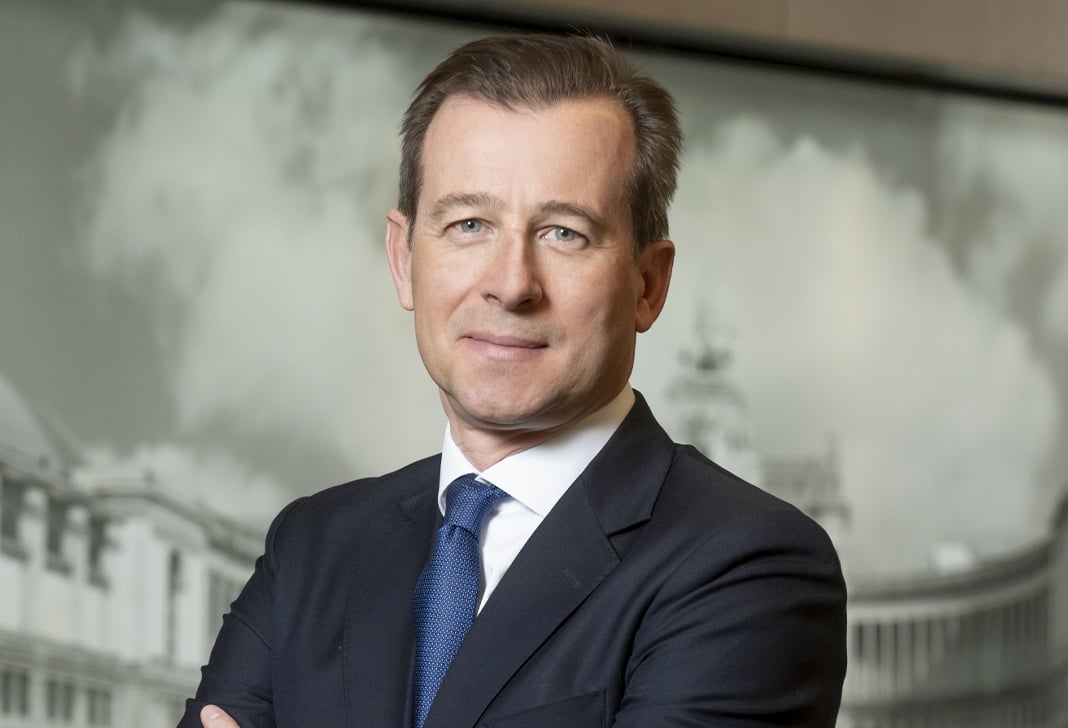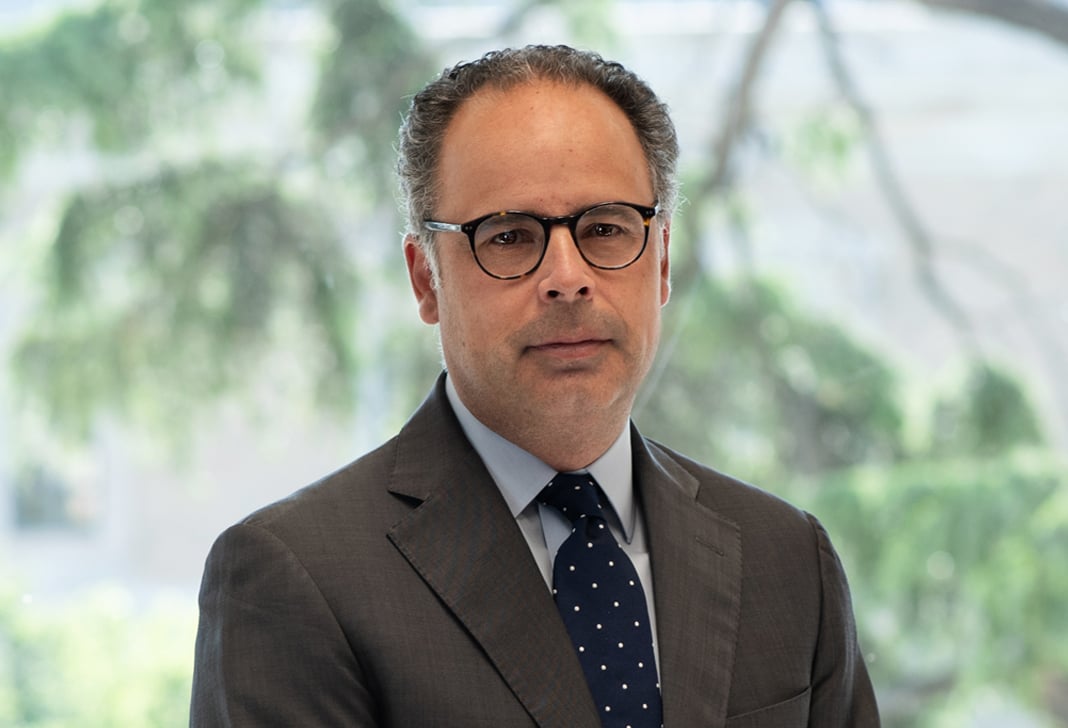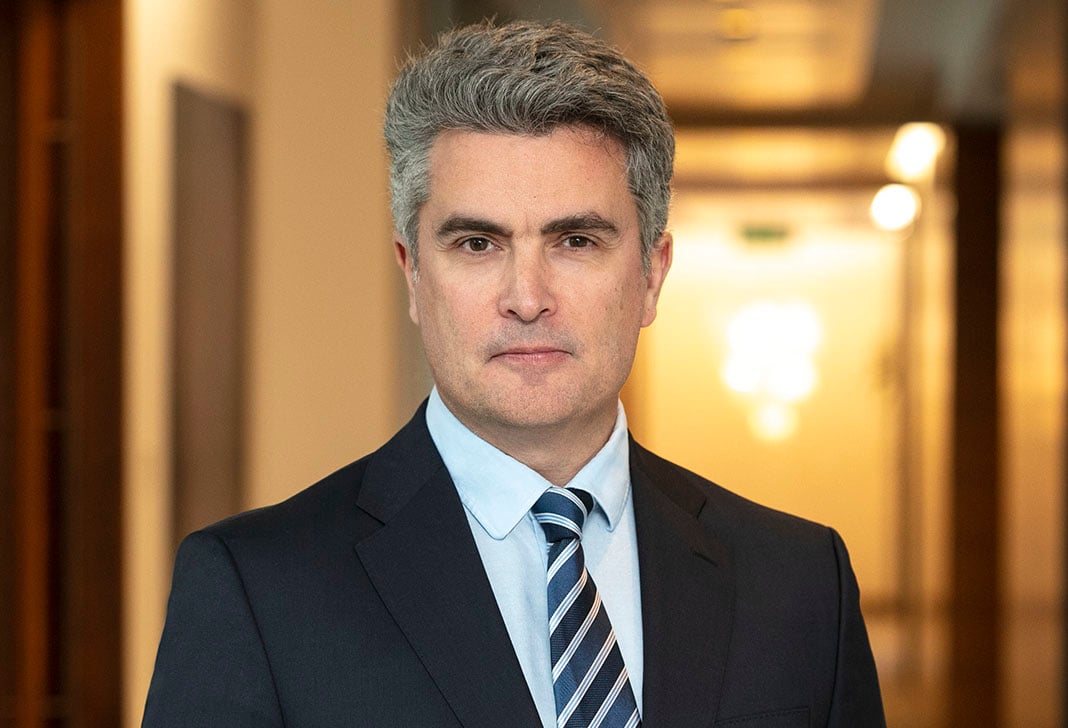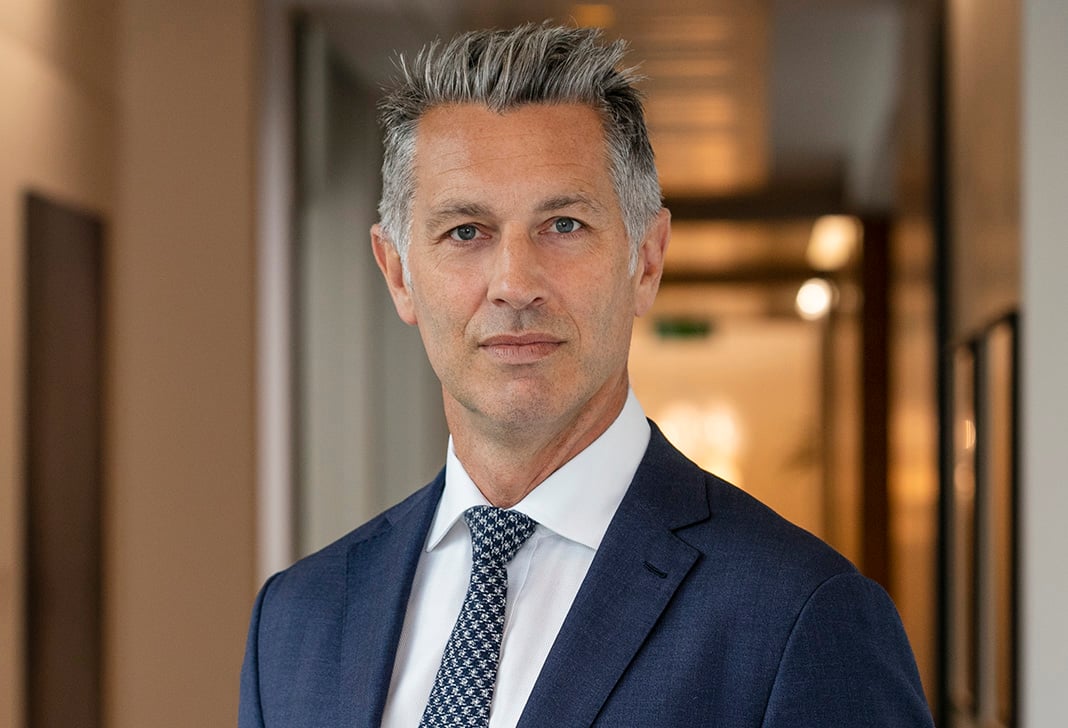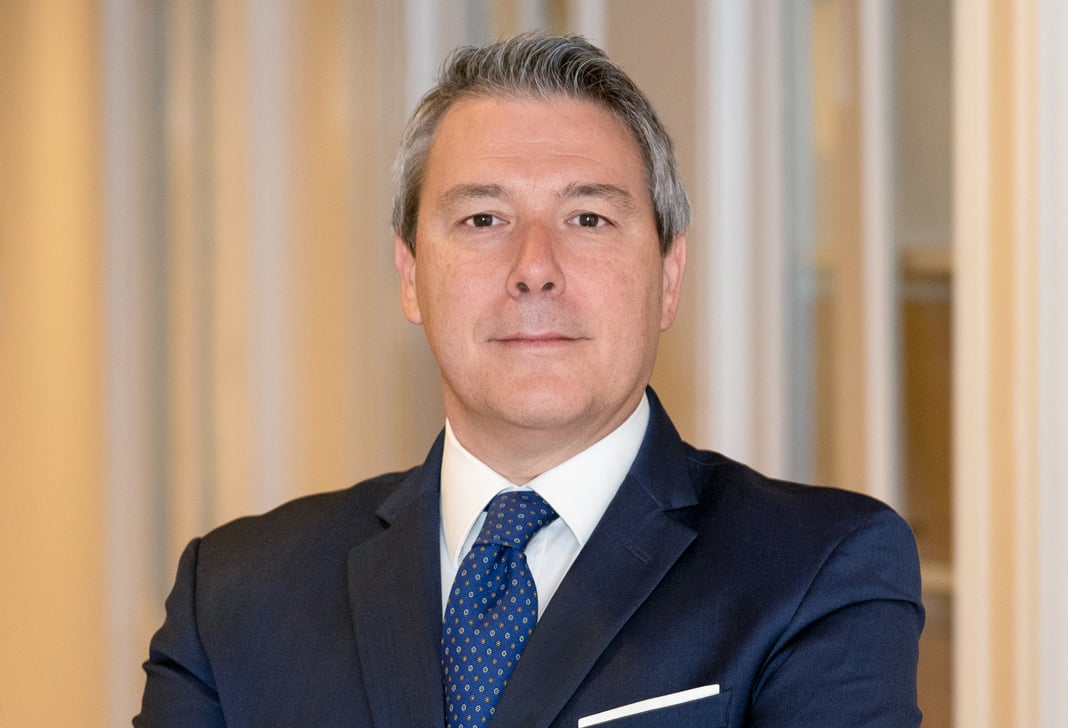
EuroResource--Deals and Debt
For the benefit of our clients and friends investing in European distressed opportunities, our European Network is sharing some current developments.
Recent Developments
Global—On 7 October 2013, the U.S. Supreme Court denied Argentina's petition for the court to review a 26 October 2012 ruling by the U.S. Court of Appeals for the Second Circuit (see NML Capital, Ltd. v. Republic of Argentina, 699 F.3d 246 (2d Cir. 2012)) upholding a lower court's orders barring Argentina from paying holders of debt restructured in 2005 and 2010 without also paying in full holdout bondholders holding US$1.5 billion in defaulted bonds. The Supreme Court's refusal to review the ruling means that litigation in lower courts continues, including an action pending before the Second Circuit in which the court on 23 August 2013 upheld a lower court's order directing Argentina to pay holdout bondholders US$1.33 billion, but delayed implementation of its ruling until the U.S. Supreme Court decided whether to hear Argentina's appeal. In its order denying Argentina's petition for a writ of certiorari, the Supreme Court stated merely that the petition was denied and that Justice Sonia Sotomayor, who sat on the Second Circuit before being appointed to the Supreme Court in 2009, had not taken part in the discussion.
Global—On 3 October 2013, the U.S. District Court for the Southern District of New York barred Argentina from proceeding with a plan by President Cristina Fernandez de Kirchner to exchange restructured bonds, which are governed by New York law, for debt instruments governed by Argentine law. U.S. District Judge Thomas Griesa ruled that the plan, announced by Kirchner in a national address on 26 August 2013, is "an apparent attempt to evade" his 23 February 2012 orders barring Argentina from paying holders of debt restructured in 2005 and 2010 without also paying in full holdout bondholders. Judge Griesa, who referred specifically to the Kirchner plan, reiterated his 5 March 2012 order barring Argentina from "altering or amending the processes or specific transfer mechanisms by which it makes payments on the exchange bonds, without prior approval of the court."
The Netherlands—The Minister of Justice recently proposed legislation that would authorize the court appointment of a prospective trustee (beoogd curator) for a company prior to the commencement of formal insolvency proceedings for the purpose of exploring potential restructuring and/or sale opportunities. The proposal is part of a broader legislative initiative that includes a proposal for compulsory extrajudicial compositions and various measures designed to encourage the continuation and reorganization of insolvent companies.
Existing Dutch insolvency law does not provide an explicit legal basis for the appointment of a trustee prior to the opening of formal insolvency proceedings. However, several courts have implemented the practice of confidentially disclosing the identity of the trustee that the court would appoint should a formal request for bankruptcy or suspension of payments be made, to give the future trustee an opportunity to gather adequate information concerning the company's affairs in anticipation of the proceedings. Informal guidelines have been developed by several courts in recent months to expand the trustee's role in connection with negotiations with prospective buyers and the formulation with important stakeholders of pre-packaged plans for controlled insolvency. Although experience with this relatively new practice has been generally positive, the absence of any formal legal basis has created uncertainty.
Under the proposed legislation, a "prospective trusteeship" would not constitute a new insolvency regime. Unlike a bankruptcy trustee (curator) or an administrator in suspension of payments (bewindvoerder), a prospective trustee would have no authority over the company and no power to represent it. The debtor would retain exclusive possession of its assets.
A prospective trustee would not be an agent of, or advisor to, the company. The trustee's mandate would be to represent the interests of the company's combined creditor constituency. At the company's request, the prospective trustee could apprise the company of his or her views regarding: (i) whether the actions the company intends to take in the regular conduct of its business or in paying its debts can, in the event of insolvency, reasonably be expected to withstand nullification on the grounds of fraudulent preference; (ii) the conditions under which the trustee (in the event of insolvency) may reasonably be expected to sell the company's assets (e.g., by means of a pre-packaged sale); and (iii) what can be done to expedite the resolution of a bankruptcy. The prospective trustee may engage advisors (e.g., valuation experts) with the company's consent.
A prospective trustee would be appointed by the court at the company's request on the basis of evidence that the appointment would best serve the interests of creditors or would be in the public interest. A prospective trusteeship could be terminated by the court on its own initiative or at the request of the company. It would also terminate upon the commencement of an insolvency proceeding for the company.
Belgium—Effective 1 September 2013, Belgium enacted a new Arbitration Law based on the UNCITRAL Model Law, which applies to all national and international arbitrations commenced on or after that date as well as to all court proceedings initiated in the framework of such arbitrations. Pursuant to the new Law, any dispute of a monetary nature or, if of a non-monetary nature, any dispute that can be settled by means of a settlement agreement, may be subject to arbitration. The new Law abolishes the statutory requirement that an arbitration agreement must be in writing. Parties are also allowed to agree upon the procedural rules for challenging an arbitrator (e.g., by reference to the rules of an arbitration institution).
The most significant improvements in the new Law pertain to the Belgian courts' assistance prior to, during and after arbitration proceedings. All arbitration-related court proceedings are now centralized in five courts. The new Law abolishes the right to appeal court decisions on arbitration-related claims (except for a court's refusal to appoint an arbitrator), although certain limited appeals to the Supreme Court are still permitted. Furthermore, the president of the court of first instance (tribunal de première instance/rechtbank van eerste aanleg) decides in fast-track proceedings disputes concerning the appointment, replacement, withdrawal, challenge and failure or impossibility to act of an arbitrator. The court of first instance also rules in fast-track proceedings on any evidentiary disputes or requests to establish a deadline for rendering an award. All other arbitration-related claims remain governed by the standard procedural rules. The new Law significantly improves the already favorable arbitration environment in Belgium. A detailed description of the new Law can be accessed here.
France—On 1 October 2013, the French National Assembly adopted draft legislation—the "Florange Law"—intended to preserve jobs in France. Named after a recently shuttered steel furnace in northeastern France, the draft law will be considered by the Sénat (Congress) in the coming months. Its purpose is to promote recovery of French industrial sites by implementing heavy financial penalties for large companies that decide to close a site without seeking a potential buyer. As proposed, the law would apply to any group of companies having more than 1,000 employees at any French industrial site. A previous proposal to make the law applicable to sites with more than 50 employees was recently rejected by the national assembly. In its current form, the draft bill also includes a provision that would authorize the commercial court to order a clawback of all or part of any public financial support, including state aid, granted to any group attempting to close down a French industrial site. The draft bill is highly controversial, with some critics claiming that it could deter foreign investment in France. If adopted, the law may significantly boost the French distressed M&A market.
Newsworthy
Jones Day advised Multi Corporation ("Multi"), a leading commercial developer of inner-city retail space in Europe and Turkey, in connection with the £101 million (US$160 million) sale to British Land of Multi's 50 percent interest in the Southgate Limited Partnership, the owner of the SouthGate shopping centre in Bath, United Kingdom. In recent years, Multi has acted as development manager for the centre, which it owned jointly with Aviva Investors.
Jones Day advised International Sports Capital ("ISC"), a company indirectly owned by Erick Thohir, Rosan Roeslani and Handy Soetedjo, three prominent Indonesian businessmen, in connection with the execution of a binding agreement whereby ISC will acquire a 70 percent stake in F.C. Internazionale Milano S.p.A ("Inter") from its majority shareholder, Internazionale Holding S.r.l., which is wholly controlled by Massimo Moratti. Founded in 1908, Inter is globally renowned as one of the most successful football teams in the world. Based in Milan, Inter is the only Italian team never to have been relegated throughout its 105-year history. Inter enjoys a global brand stemming from 20 million supporters in Europe and an estimated 160 million supporters worldwide.
Jones Day is advising the Aviation Industry Corporation of China ("AVIC") in connection with its offer to acquire KHD Humboldt Wedag International AG ("KHD"), a Cologne, Germany-based cement industry supplier, for €6.45 per share, placing KHD's total value at €320 million. AVIC already owns 20 percent of KHD through its indirect subsidiary Max Glory Industries. AVIC is a Chinese state-owned aerospace and defence company and ranks 212 amongst Fortune Global 500. It reported consolidated revenues of ¥300.6 billion (€36.1 billion) in financial year 2012. For more than 155 years, KHD has been offering technology, equipment and services to the cement industry. The group has more than 750 employees worldwide with customer service centers and sales offices in growing markets such as India, China, Brazil, Turkey and Russia, as well as in Western Europe and the U.S. The transaction is expected to close in the second half of 2014.





